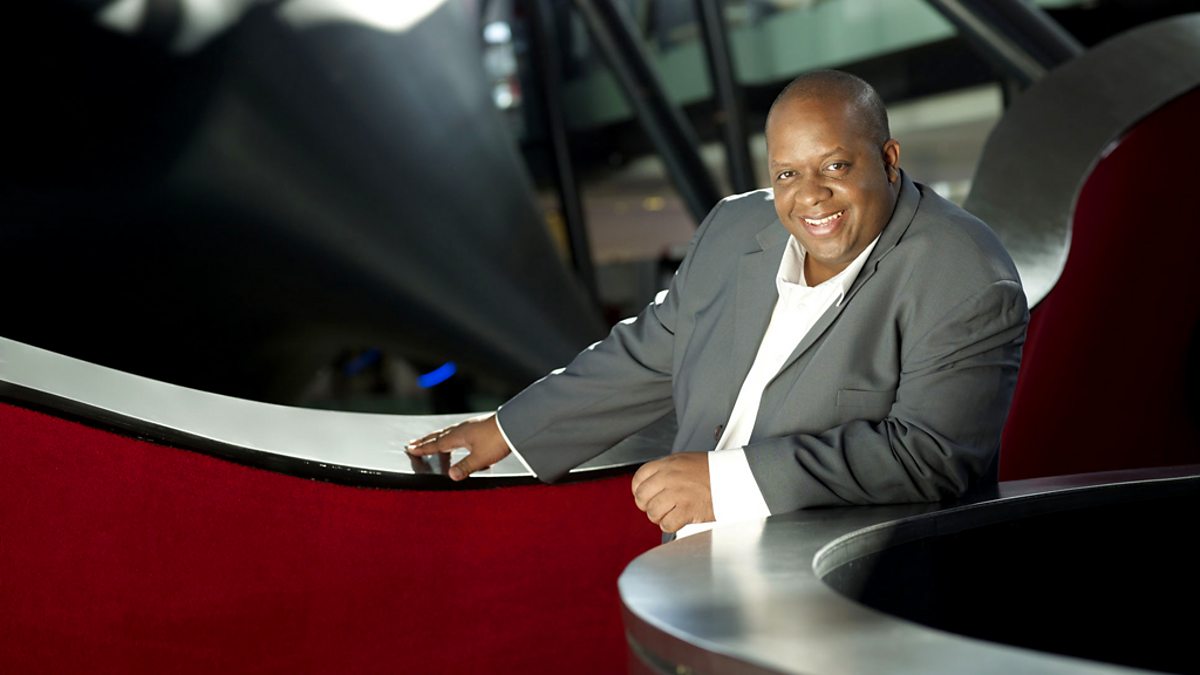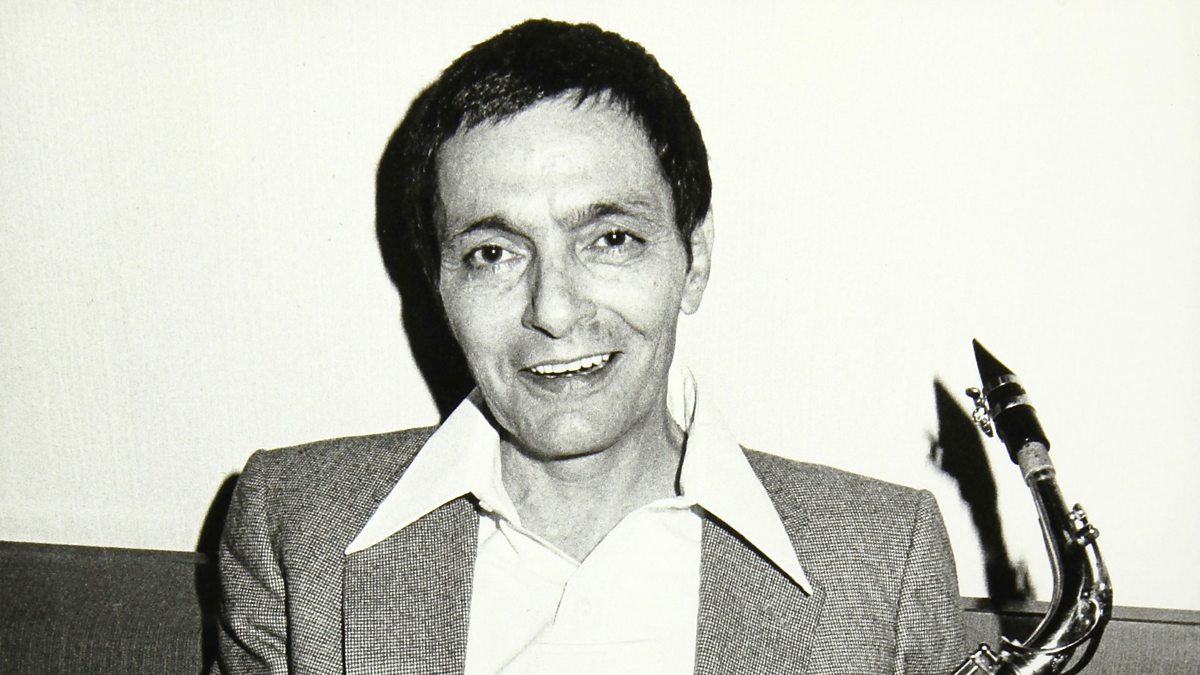Sat 24 June
4.00 Jazz Record Requests
Alyn Shipton with a broad spectrum of listeners' jazz requests, including a recording by clarinettist Omer Simeon and piano virtuoso Earl Hines.
5.00 Jazz Line-Up
Julian Joseph presents a special edition from BBC Scotland's Pacific Quay studions in Glasgow, featuring performance from pianist Tord Gustvsen and gypsy jazz combo Rose Room, plus the organ-driven sounds of DT6.
12.00 Geoffrey Smith's Jazz
Geoffrey Smith surveys the passionate career of California-born Art Pepper (1925-1982), a major figure on the West Coast scene, renowned for his intense alto saxophone style.
No Jazz Notes next Monday, but...
11.00 Canada 150
Jazz on the Prairies
Hannah French presents the first in a week-long series of canada-themed programmes. She visits Calgary to hear recordings from Canada's lively jazz festival scene. Plus a profile of CBC's New Canadian Global Music Orchestra, made up of musicians from across the world who have settled in Canada, creating new traditions that reflect Canada in 2017.
There are a number of BBC programmes next week celebrating Canada's 150th anniversary as a Confederation. Let them know, now, won't you. Ring them up. At cheap rate times.
Radio 2 Tues 27 June
7.00 Jamie Cullum
New and classic jazz, plus guests, tonight with Pennsylvania-born organ virtuoso Joey DeFrancesco, who discusses his admiration for Jimmy Smith and introduces a track from his album Project Freedom*.
*Not sure if that refers to Jimmy's or to Joey's Project Freedom.
4.00 Jazz Record Requests
Alyn Shipton with a broad spectrum of listeners' jazz requests, including a recording by clarinettist Omer Simeon and piano virtuoso Earl Hines.
5.00 Jazz Line-Up
Julian Joseph presents a special edition from BBC Scotland's Pacific Quay studions in Glasgow, featuring performance from pianist Tord Gustvsen and gypsy jazz combo Rose Room, plus the organ-driven sounds of DT6.
12.00 Geoffrey Smith's Jazz
Geoffrey Smith surveys the passionate career of California-born Art Pepper (1925-1982), a major figure on the West Coast scene, renowned for his intense alto saxophone style.
No Jazz Notes next Monday, but...
11.00 Canada 150
Jazz on the Prairies
Hannah French presents the first in a week-long series of canada-themed programmes. She visits Calgary to hear recordings from Canada's lively jazz festival scene. Plus a profile of CBC's New Canadian Global Music Orchestra, made up of musicians from across the world who have settled in Canada, creating new traditions that reflect Canada in 2017.
There are a number of BBC programmes next week celebrating Canada's 150th anniversary as a Confederation. Let them know, now, won't you. Ring them up. At cheap rate times.
Radio 2 Tues 27 June
7.00 Jamie Cullum
New and classic jazz, plus guests, tonight with Pennsylvania-born organ virtuoso Joey DeFrancesco, who discusses his admiration for Jimmy Smith and introduces a track from his album Project Freedom*.
*Not sure if that refers to Jimmy's or to Joey's Project Freedom.






 Having recently been listening to some of the best of Julian's output, mostly early on, I sometimes wonder if his polite simpering towards his guests is in fact heavy irony? Perhaps one shouldn't say such things in case future guests cotton on! Most of the Gustavsen idiom sounded rather like poor imitation Chopin nocturne played very sotto voce - gestures that just don't seem to belong to the age, unless it's for escapism - fine for so-called Ambient, if one feels one has to resort to that sort of thing, but which jazz shouldn't be about at all!
Having recently been listening to some of the best of Julian's output, mostly early on, I sometimes wonder if his polite simpering towards his guests is in fact heavy irony? Perhaps one shouldn't say such things in case future guests cotton on! Most of the Gustavsen idiom sounded rather like poor imitation Chopin nocturne played very sotto voce - gestures that just don't seem to belong to the age, unless it's for escapism - fine for so-called Ambient, if one feels one has to resort to that sort of thing, but which jazz shouldn't be about at all!
Comment